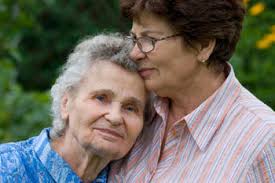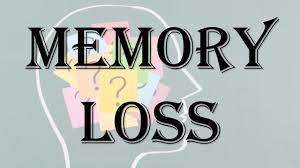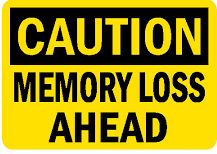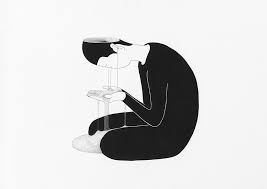The Human Memory has an informing website about dementia.
 Dementia is such an all-enveloping label that it symptoms can include some or all of the following: personality change, depression, hallucinations, memory loss, paranoia, misidentifications, mania, aggression, agitation, irritability, wandering, incontinence, overeating, changes in walking patterns, sudden laughing or crying, screaming and many others.
Dementia is such an all-enveloping label that it symptoms can include some or all of the following: personality change, depression, hallucinations, memory loss, paranoia, misidentifications, mania, aggression, agitation, irritability, wandering, incontinence, overeating, changes in walking patterns, sudden laughing or crying, screaming and many others.
 “The brain is capable of producing new brain cells at any age, so significant memory loss is not an inevitable result of aging. But just as it is with muscle strength, you have to use it or lose it. Your lifestyle, health habits, and daily activities have a huge impact on the health of your brain. Whatever your age, there are
“The brain is capable of producing new brain cells at any age, so significant memory loss is not an inevitable result of aging. But just as it is with muscle strength, you have to use it or lose it. Your lifestyle, health habits, and daily activities have a huge impact on the health of your brain. Whatever your age, there are  According to a
According to a  Some may say that there are more than
Some may say that there are more than